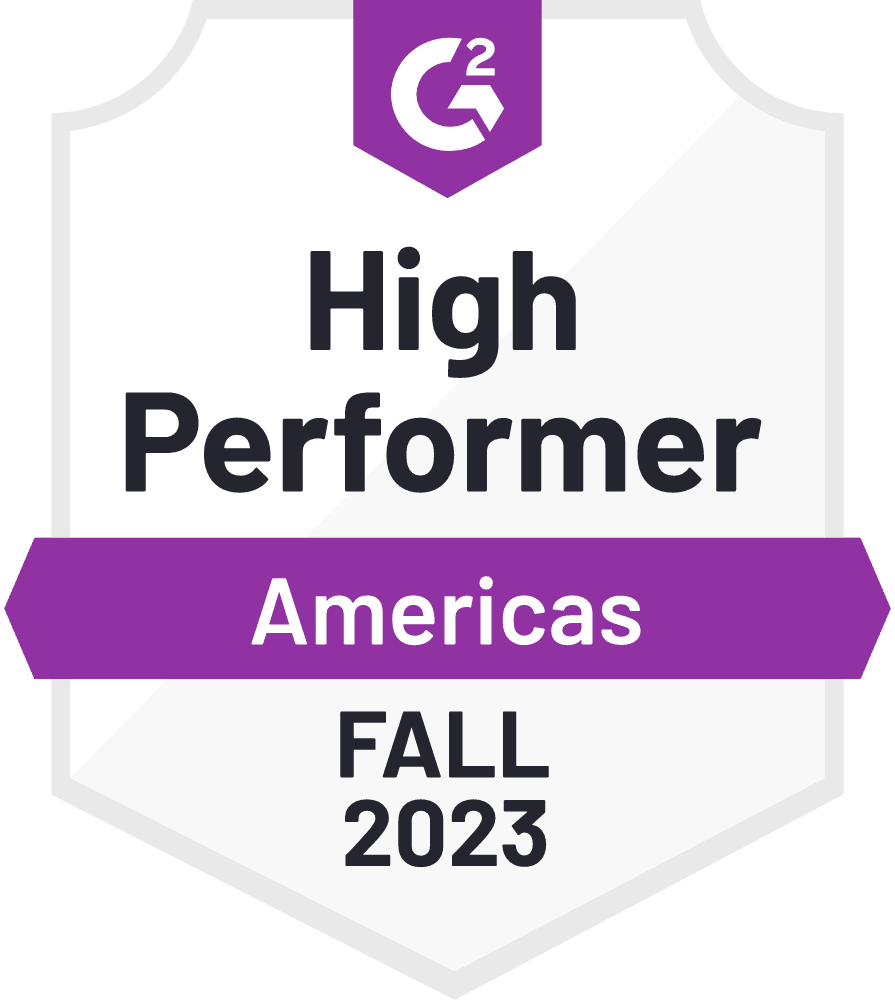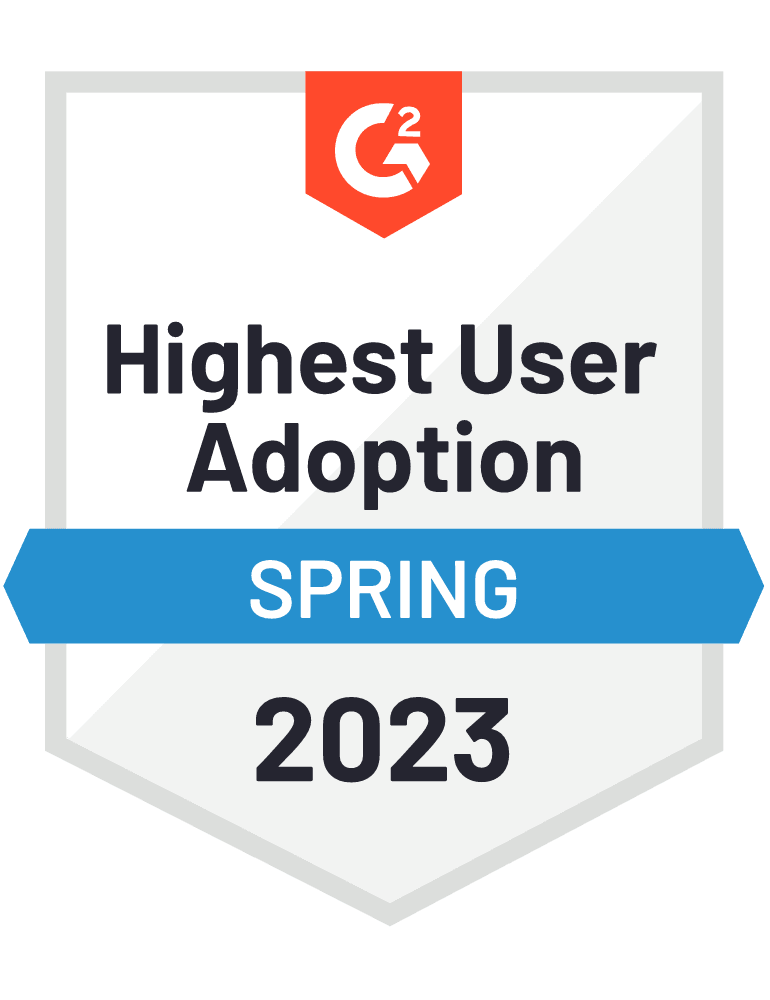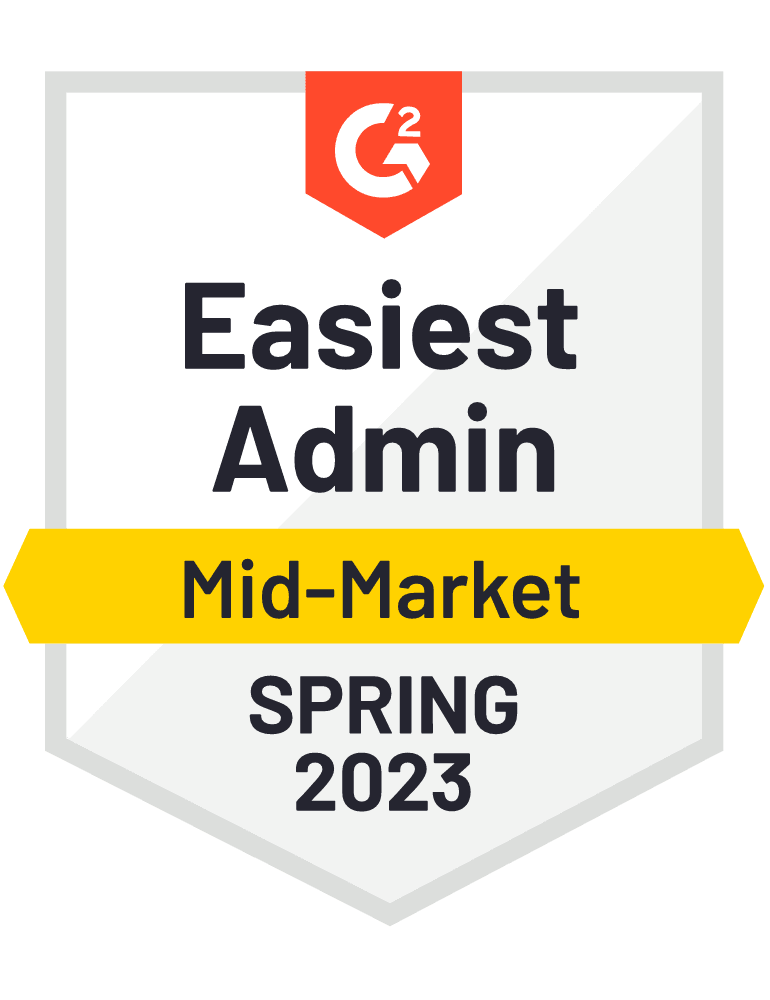What's going on in the payroll world these days?
Don't worry, we don't expect you to have the answer - that's why we put together our monthly round-up of the payroll news and updates you need to know!
This is Pay Matters – the August 2018 edition.
Check out the payroll alerts and insights in this newsletter to stay informed and in compliance. We've got your back.
FEDERAL PAYROLL UPDATES
SSA to Notify Employers of Name/SSN Errors
Starting in August 2018, the Social Security Administration will be mailing “Education Correspondence” to employers who have filed 2017 Forms W-2 containing employee names and Social Security numbers that do not match SSA records.
This first letter will guide employers to SSA services they can use to ensure accurate information of Forms W-2. The letters are NOT penalty letters but are educational in nature. Their goal is to alert the employer that they need to review their data and make corrections.
Beginning February 2019, the SSA will begin mailing a second letter, also informational, listing the actual name and SSN combinations that do not match SSA records.
The SSA has created both a sample letter and a webpage to assist employers.
IRS Releases New ACA Penalties Resource
At the end of 2017, the IRS began sending out Letter 226J, proposing an Employer Shared Responsibility Penalty (ESRP) to employers for not meeting the requirements of the Affordable Care Act. Employers had 30 days in which to respond to Letter 226J.
In March 2018, the IRS started to mail out their reactions to the employers' responses, using five different versions of Letter 227 (J, K, L, M, and N).
Recently, the IRS released a new resource to help employers understand and respond to Letter 227.
The resource explains the five different kinds of Letter 227 and the response required for each. The IRS also provides guidance on the steps employers should take after receiving a letter and provides an FAQ to help employers with common questions.
STATE PAYROLL UPDATES
New Jersey Equal Pay Law
On July 1, 2018, the Diane B. Allen Equal Pay Act went into effect. The act requires New Jersey employers who enter into a contract with the State of New Jersey to provide the NJ DOL with wage and demographic date for their employees.
Under the law, employers must electronically file an annual report by March 31 for the preceding year containing information on gender, race, ethnicity, compensation, and number of hours worked. The required data and form will differ depending on whether the contract with New Jersey is for “public work” or “qualifying services.”
For more information, click here.
New Jersey to Allow Local Payroll Taxes
New Jersey is to allow some municipalities to impose payroll taxes on employers under a bill (A. 4163) signed July 24 by Gov. Phil Murphy (D), the state legislature said on its website.
Under the bill, municipalities may pass ordinances to impose a payroll tax on employers. The maximum rate of any payroll tax is to be 1 percent of employers’ payrolls, but municipalities may set lower rates.
Ordinances governing local payroll taxes are to be allowed to exclude from the tax employees who are residents of the municipality imposing the tax.
Under state law, only municipalities with a population of at least 200,000 may impose municipal taxes. Newark already administers a payroll tax.
The bill is effective July 24, as its effective date was dependent on the signing of another bill (S. 2) which also was signed by Murphy July 24.
Massachusetts to Implement New Paid Family and Medical Leave Program
As part of a growing trend among states and localities, Massachusetts Governor Charlie Baker signed a law creating a new paid family and medical leave program. The program will be administered by the newly created Division of Family and Medical Leave.
Beginning January 1, 2021, eligible employees can receive the following benefits:
- up to 20 weeks of job-protected paid medical leave to care for their own serious health condition;
- up to 12 weeks of job-protected paid family leave to care of a family member with a serious health condition, bond with a newborn or adopted/foster child, or for a qualifying emergency of a family member who is part of the Armed Forces;
- up to 26 weeks of job-protected paid family leave to care for a covered service member.
The program will be funded by a state payroll tax that goes into effect July 1, 2019. The tax will be withheld at an initial rate of 0.63%, split between employees and employers. Employees will cover 100% of family leave contributions and 40% of personal medical leave contributions, with employers covering the other 60%. Employers with fewer than 25 employees will not be required to contribute to the personal medical leave, but must still administer the employee contributions. Employers who provide benefits that match or exceed the state program may opt out.
In addition, under the new law, starting on January 1, 2019, three pay requirement changes will be phased-in as follows:
- The state hourly minimum wage with rise from $11.00 to $15.00
- The tipped hourly minimum wage with increase from $3.75 to $6.75
- The premium pay (1.5 times the hourly rate) requirement for work performed on Sundays and certain holidays will be completely eliminated
| Effective Date |
Hourly Minimum Wage |
Tipped Minimum Wage |
| January 1, 2019 |
$12.00 |
$4.35 |
| January 1, 2020 |
$12.75 |
$4.95 |
| January 1, 2021 |
$13.50 |
$5.55 |
| January 1, 2022 |
$14.25 |
$6.15 |
| January 1, 2023 |
$15.00 |
$6.75 |
Next Steps
As further guidance is released by the Massachusetts DOL, Viventium will continue to monitor this new payroll tax and keep you up to date on its requirements.
For the text of the law, click here.
LOCAL PAYROLL UPDATES
Reminder: NYC Temporary Schedule Change Law is in Effect
Effective July 18, 2018, employers must allow employees to make two temporary work-schedule changes annually for qualifying personal events. Changes can be made for any reason that qualifies under the New York City Earned Sick and Safe Leave Act, such as caring for a sick relative.
Employees can make changes to their work schedule for up to one business day. Changes may include remote work, unpaid leave, or changes to work-hours.
The measure does not apply to employees who have worked fewer than 120 days for their employer, or who work fewer than 80 hours annually in New York City. The law creates a written process for communicating schedule changes and protections against employer retaliation for such requests.
For the text of the measure, click here.
NYC Fast Food Industry Must Comply with Law to Allow for Payroll Deductions to Fund Non-Profits Contributions
In June 2017, NYC passed a law requiring fast-food employers to set up a system through which employees can elect to make contributions to non-profit organizations through payroll deductions. Under the law, fast food employers must provide employees with a written authorization form to set up the payroll deductions. Employers must implement the deduction no later than the first pay period after 15 days of receiving an employee authorization. Employers must also remit the contribution to the selected non-profit organization within 15 days of the payroll deduction.
This “Deductions Law” was initially fought by the Restaurant Law Center, whose lawsuit resulted in a temporary halt to enforcement of the law. On June 8, 2018, the halt expired and can now be enforced by NYC. All employers in the fast-food industry are encouraged to provide the written authorization to their employees and implement a payroll deduction and remittance system.
MINIMUM WAGE UPDATES
Delaware
Delaware minimum wage will increase to $8.75 on October 1, 2018 and to $9.25 on October 1, 2019.
Massachusetts
Massachusetts' minimum wage will increase gradually over 5 years to $15.00 per hour. The increase will take place as follows:
- $12.00 in 2019;
- $12.75 in 2020;
- $13.50 in 2021;
- $14.25 in 2022; and
- $15.00 in 2023.
Emeryville, CA
Effective July 1, 2018, Emeryville, California minimum hourly wage increased from $15.20 to $15.69 for employers with 56 or more employees, and from $14.00 to $15.00 for employers with 55 or fewer employees.
This information is for educational purposes only, and not to provide specific legal advice. This may not reflect the most recent developments in the law and may not be applicable to a particular situation or jurisdiction.










